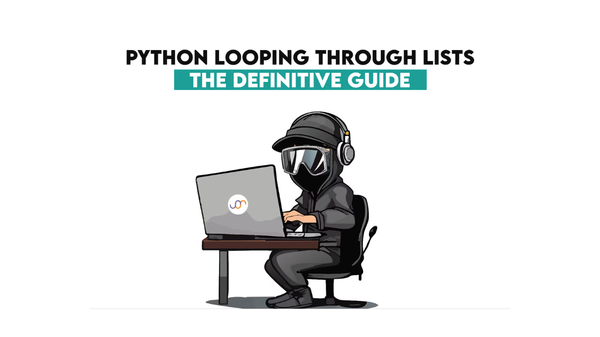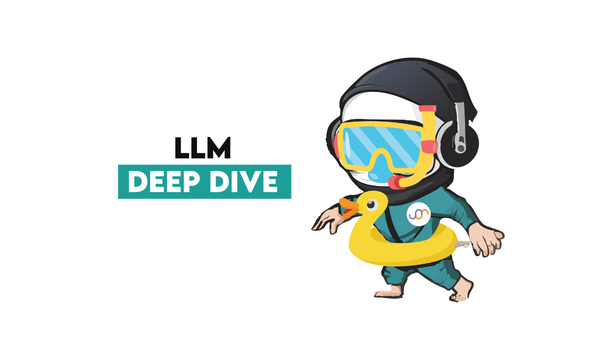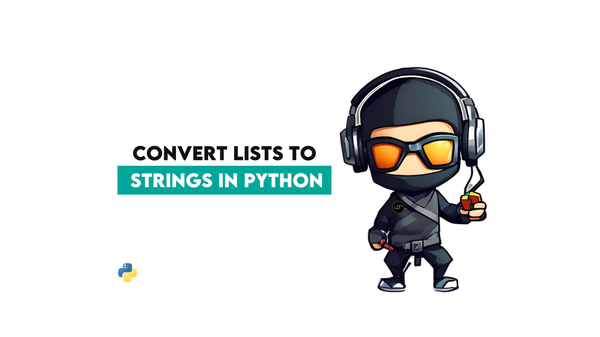Ultimate Guide to the Top 5 Data Science Companies

 Written by:
Written by:Nathan Rosidi
Big Tech companies, FAANG, are the largest data science companies for data science roles. Understand what the data role of each data science company looks like.
Introduction
The age of information of the 21st century has made an unprecedented amount of consumer information available, data that can be marketed in advertising or leveraged to improve a product. This is especially vital to large data science companies whose business models rely on taking advantage of the data they collect. Given that, it’s no surprise that the data science role has been increasingly popular year-over-year. In 2015, Burning Glass found that Data Science roles would grow by 39% in the next 10 years, and in 2020 alone, despite the worldwide pandemic, data science hiring increased by nearly 46 percent.
Big Tech companies are some of the largest data science companies or employees of data science roles. Commonly referred to as "FAANG", the top 5 largest information technology companies in the United States consist of Facebook, Amazon, Apple, Netflix, and Google. Each has unique data needs, as well as differences in company culture, structure, and employee benefits.

Here's a guide to help you better understand what the data role of each data science company looks like, why you might want to work there, and finally some resources to help you prepare for a data science interview.
A Brief Comparison of Types of Data Science Companies
Big Tech aren’t the only data science companies hiring data science roles. Despite their size, FAANG and other large companies still provide only a portion (if a significant one) of available data science roles. Smaller data science companies and startups also have a plethora of analytical data positions, though the exact nature of the role and work environment will obviously differ due to organization size, structure, and capacity.
When choosing between data science companies you’re searching for a data science role in, it’s important to understand the pros and cons of both large and small companies, and what aspects of your work life and environment you value the most. And of course, between the far extremes of brand-new startups and the well-established FAANG, there are still the more medium-sized data science companies that hold some middle ground with their characteristics.
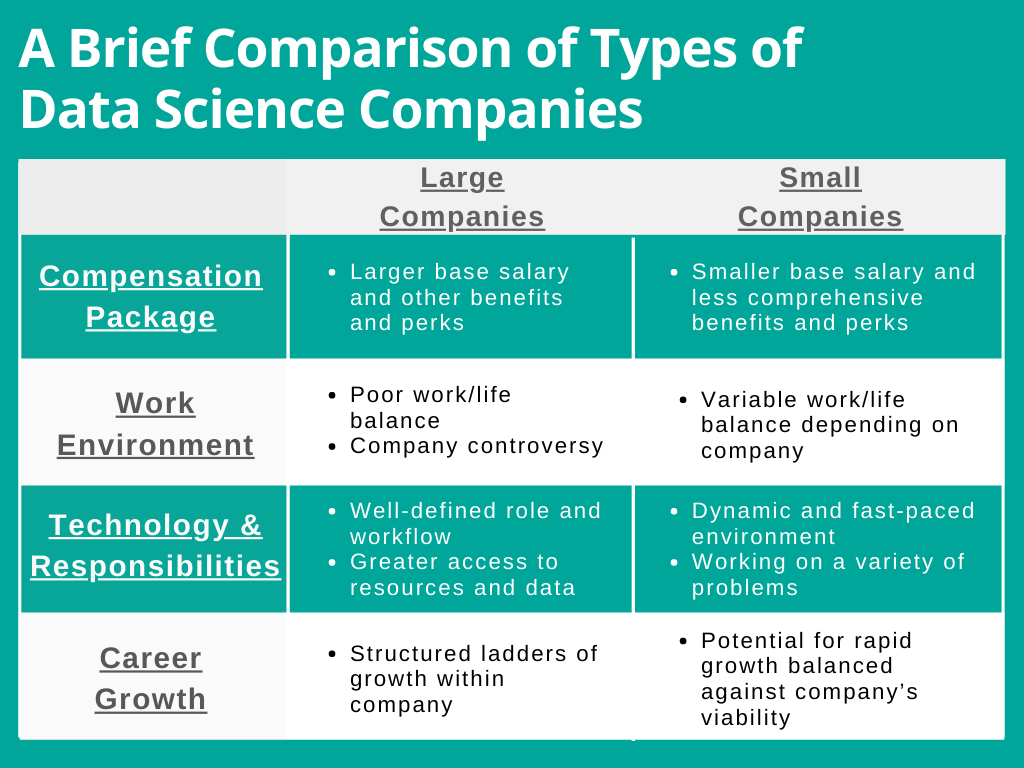
Compensation Package
Beyond just salary, the total compensation package for employees working at a company generally includes health insurance, paid-time off, and retirement plans. Bigger data science companies typically have more generous compensation, with additional perks like stock options, free food, and product discounts. While smaller data science companies and startups may have similar perks, they will be inevitably smaller or less comprehensive, such as less valuable stock options, more expensive health-care premiums, or little to no retirement plan matching.
For FAANG in particular, remember that the larger compensation can be somewhat offset by location, given their bases in areas such as the Bay Area, New York City, and Seattle, places notorious for their high costs of living, though that can also apply to smaller data science companies in the same regions. On a more amusing note, working at a data science company that is a household name like for FAANG means all your friends and family will assume you know everything about their respective products and constantly ask for your employee discount.
Work Environment
The high salary and compensation at large tech companies also come with high competition and standards of excellence. This means that in addition to working alongside extraordinarily talented peers, there is an equally high expectation for the amount of work you put in. Working at FAANG means you will need to work far past the stereotypical 40 hour work week, with 70 to 80 hours a week being fairly normalized. Of course, lack of work/life balance is a notoriously common problem in the industry, and can be an issue at any company.
However, remember that even in large data science companies, culture can vary on a team-by-team or even individual basis. The responsibilities of a team and personalities of your managers or teammates can give even roles at FAANG the more dynamic and fast-paced feel of a startup.
In addition, large data science companies with multinational products naturally generate at least some degree of controversy over time. Working at FAANG means you may have to grapple with the public perception and potentially problematic ethics of a massive corporation functioning at an international scale.
Technology & Responsibilities
The size of the company is a key factor in the structure of a role and its workflow. A larger company will have a more defined structure, which can also mean much more specialization as you work with a very particular product or area. In comparison, startups will generally have a more dynamic environment and diversity of workflow, meaning you will be wearing many different hats.
Company size also means more resources and access. A data role at a large data science company means you get to play with data at scale, with potentially billions upon billions of rows of data, with which you can learn the best industry techniques for handling large amounts of data. Smaller data science companies will likely have a less developed technological infrastructure, meaning you would be learning to handle a different set of problems, such as how to scale the company’s data and product.
Career Growth
The scale of a large company means a defined ladder of the training process and progression of your career. This can be either a blessing or a curse: while good structure means an explicit outline of how to advance your career, it can also limit how fast you can rise in the corporate ladder. On the other hand, working at a startup can mean massive potential for growth, especially if the company takes off, though the small company’s viability is another risk to consider.
With FAANG, the power of the brand is also significant. A role at one of these data science companies can be a massive boost to your resume if or when you leave, in addition to the resources you will have access to while working there, such as learning guides and networking opportunities.
Now that we’ve covered the general attributes of large vs small data science companies, let's take a deeper dive into the specific attributes of each company in FAANG.
Total Compensation Package Comparison of These Big Data Science Companies
| Amazon | Apple | Netflix | |||
| Health Insurance | 100% coverage for employee | Health, dental, and vision | UHC or Aetna, with or without HSA | Up to $16,000 to cover medical, dental, and vision plan | $0 premium |
| 401k Retirement | 50% match on first 7% of base salary | 50% match on the first 4% of base salary; match vests after 3 years | 100% match on the first 3-6% of base salary depending on seniority | 100% match on the first 4% of base salary | 50% match on employee’s contribution up to $9,500 |
| Transportation | Bikes on campus and company shuttle | Company shuttle and transport allowance | Bikes on campus, company shuttle, and transport allowance | Company shuttle and transport allowance | Bikes on campus, company shuttle, and transport allowance |
| Food | Free breakfast, lunch, and dinner | No free meals | Free dinner | Free breakfast and lunch | Free breakfast, lunch, and dinner |
| Perks & Discounts | $250 per month Facebook Ad Credit | $100 employee credit and 10% employee discount | $250 employee credit and 25% employee discount | Free netflix subscription | 5-15% discount |
| Stock options | RSU with 4-year vesting schedule | RSU with backloaded 4-year vesting schedule | RSU with 4-year vesting schedule ESPP with 15% discount | ESPP with 60% discount | GSU with 4-year vesting schedule |
Information pulled from levels.fyi. Take a deeper dive with their benefits comparison tool.
Facebook

With over forty thousand employees in the United States and a user base of over 3 billion people worldwide, the social media conglomerate Facebook is one of the most recognizable brands in the world. Its users share over 1 billion stories and 100 billion every single day.
Facebook's data teams include the Data Analyst, Data Scientist, and Data Engineer roles. Given Facebook's ownership of so many social media platforms, most of its data roles are product-focused, such as for the Facebook app, Messenger app, or Instagram stories. Facebook also hires for data positions in marketing, advertising, and business operations.
The interview process at Facebook starts with the online application and initial screening call with a recruiter on your background and the role. Next up is a call with a hiring manager, which will go more in-depth about your background with both technical and behavioral questions. Finally, there is the full-day on-site interview, including four rounds of interviews with an intervening lunch break.
Check out our in-depth Facebook Data Science Position Guide!
Working at Facebook
Facebook has a unique work campus that was designed by consultants who worked on Disneyland. With some of the most extensive miscellaneous benefits in FAANG, employees have access to broad selections of free food, such as a Noodle Bar, a burrito and taco bar, ice cream, and other cafeterias with rotating menus and themes. There are also various creative activities available, including an arcade and a rooftop park to explore.
On the technological side, the massive user-base and popularity of its various platforms means Facebook has one of the richest databases in the world from its billions of users across a variety of products, and any data position plays a key role in the maintenance and development of Facebook's many products.
Notably, Facebook pioneered the open-office environment, where the traditional cubicle or individual offices are replaced with flexible, activity-based spaces. This can be both a pro and a con, as while the open space can make it easy to get to know coworkers even across different teams, departments, and roles, some people may find the lack of privacy and personal space challenging.
Amazon

Amazon is the largest internet company in the world as the world's largest online retailer, in addition to focusing on AI assistant technology, streaming services, and its cloud-computing platform. Amazon has over 200 million Amazon Prime subscribers and over a million companies on its cloud-computing platform Amazon Web Services.
Amazon's data roles include the Business Analyst, Data Engineer, and Data Scientist positions. With Amazon's customer-centric business model, data roles focus on creating forecasts and optimizing algorithms for its users across its various services, as well as doing the most cutting-edge research in artificial intelligence and machine learning.
The interview process at Amazon starts with the online application and an initial coding assessment, followed by an introductory phone or virtual call covering some behavioral and technical questions, potentially on the Amazon interview platform Chime. Finally, there is the full-day on-site interview, including five rounds of interviews with various team members.
Check out our in-depth Amazon Data Scientist Position Guide!
Working at Amazon
With its unique "customer-obsessed" approach to its business, Amazon carries the fundamental belief that "scientific innovation is essential to being the most customer-centric company in the world." Accordingly, data roles at Amazon are extremely rewarding in their constant innovation, finding apparently "unsolvable" problems and putting the time, talent, and resources into solving them anyway.
Employees at Amazon are expected to take full ownership of their job and role, and you are empowered to take full and total responsibility for your own work, from the initial assessments to the deployment, and ultimately the potential benefits to reap or the mistakes to learn from. Amazon is also notorious for its extensive documentation requirements, though the need to formally explain every aspect of your work can be both helpful to your work process and time-consumingly frustrating.
In addition, Amazon is a very frugal FAANG company in terms of employee benefits, not offering the same free meals other FAANG work campuses do and only providing relatively cheap work computers. Amazon has also been criticized for how it structures its RSUs to vest on a back loaded schedule over 4 years, whereas other companies in FAANG typically have a regular percentage vested each year.
Apple

At over 500 retail stores across 25 different countries and some 1.5 billion of its products actively used worldwide, Apple is one of the largest PC and smartphone manufacturers. It is the world's most valuable company and most valuable brand, with a unique integration across its variety of hardware products, software products, and online services, including the iPhone, Apple TV, Apple Watch, macOS, App Store, and iTunes.
Apple's data roles include the Business Analyst, Data Scientist, and Data Engineer positions. The massive user base on Apple products means its data roles can leverage data as the voice of its customers to improve said products, generating insights that inform and drive product strategy across the board to impact millions of users.
Apple's interview process begins with the online application and an initial phone screening call about the role and your background, followed by a call with the hiring manager with some technical and behavioral questions and then a take-home case study. Finally is the full day on-site interview with various meetings with team members and managers, including a “lunch interview” on culture fit.
Working at Apple
The most alluring part about working at Apple for many will be the employee discounts, which typically amounts to a $250 employee credit along with a 25% employee discount, which is especially valuable considering how widespread Apple products are. Be prepared for all your friends and family to want to take advantage!
Apple also has some of the most consistent reviews about having a good culture among FAANG, with current and former staff often mentioning the strong teams and a fun work environment (though of course this will still vary on an individual basis). The company also provides a variety of learning opportunities for its staff, and sets a high bar for excellence across the organization.
On the other hand, there is also a high emphasis put on corporate secrecy: major projects at Apple are done in a complete vacuum. Product development details are hidden, with the company going draconian lengths to keep information confidential, meaning that staff are kept in the dark about what other teams are working on, not to mention the work politics and stresses that will come into play with this additional pressure cooker environment around product releases.
Quick Links
Remember to check out Apple’s Glassdoor page for a quick overview on company culture and recent interviews. A former Apple employee also describes the pros and cons of working at the company here.
Netflix

The pioneer of streaming services, Netflix has over 200 million subscribers across almost every country in the world, with 73 million in the United States alone. Despite the emergence of other rival streaming platforms, Netflix retains its position as the largest entertainment and media company by market capitalization, and has made strides as a major content producer in its own right.
Netflix's data roles include the Data Analyst, Senior Data Scientist, and Senior Data Engineer positions. Their data and analytics teams work with user and content data to create a seamless streaming experience for Netflix customers, such as by analyzing and understanding user behavior and optimizing the distribution of content data on Netflix's delivery network.
Netflix's interview process starts with the application process and an initial phone screen with a recruiter. Next up is a phone call with a hiring manager focusing on your background and experience, followed by a technical screening about your SQL abilities. Finally, there is the on-site interview, including two interviews with a mix of technical, product, and business questions, as well as an intervening lunch break.
Working at Netflix
Netflix is unique in its hiring model in that it only hires at the senior level. It lacks a robust hiring and talent pipeline like other FAANG companies, meaning this is likely not the place to start your career. However, the "senior" title does legitimately align with a role's responsibilities and compensation, and Netflix leverages its unique hiring model to draw the best talent by offering compensation at the top of the market, often with a base salary in the range of four hundred thousand or more.
This hiring model of only the best, most senior talent is reflected in the work environment. Netflix operates off a "no rules" philosophy, and puts trust in you to do your job. Staff are given the freedom and flexibility to work from anywhere and take any amount of time off, with clear and well-understood deliverables describing what needs to be done according to well-defined deadlines.
However, that high-performance culture comes with some downsides. Netflix hires are expected to constantly prove themselves, a consistent stressor that can be accentuated by a feedback culture of "radical honesty", which may not be for everyone. Some reviews describe a "culture of fear" in reviews, and combined with an "up or out" mentality, can make for a difficult work experience.
Quick Links
Check out our post on Windows Functions in SQL as asked by companies like Netflix. This interview with the author of the book ‘No Rules Rules’ discusses the work culture of Netflix and how it has changed over time.
Google
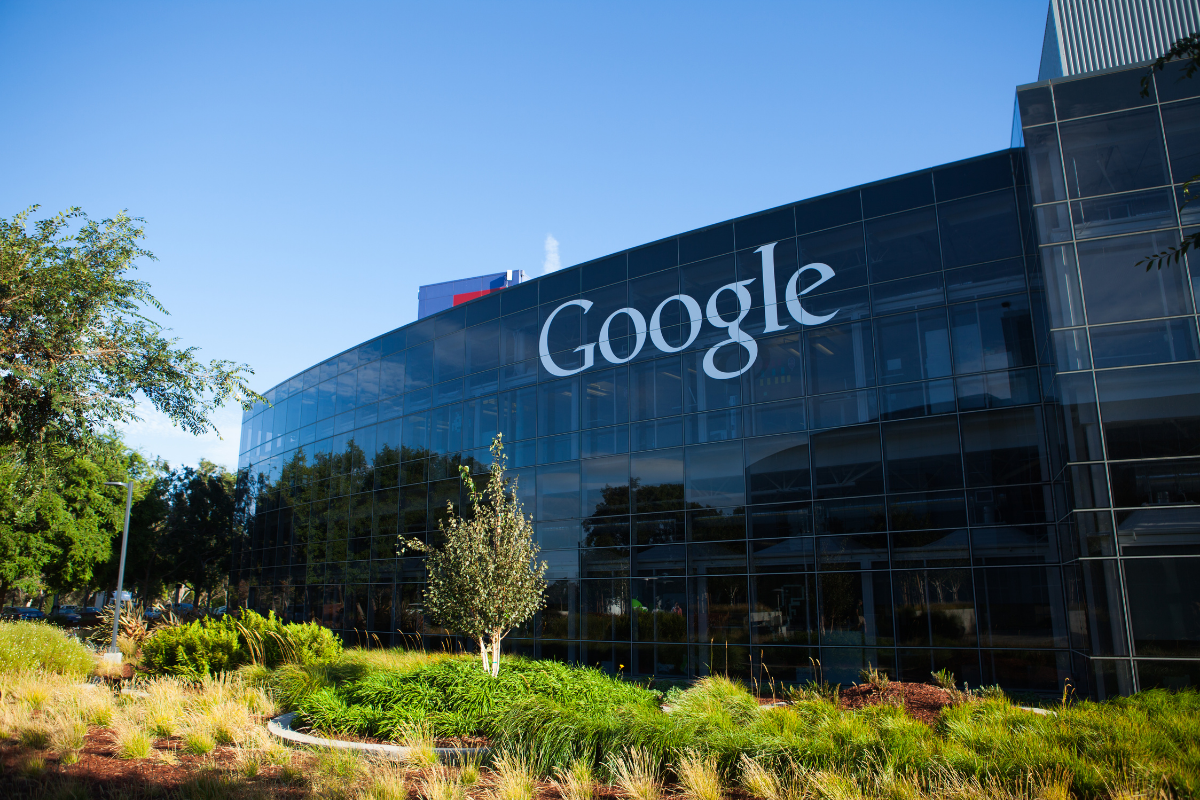
Google is one of the most valuable brands in the world. The multinational tech company controls over 90% of the global search engine market, not to mention having 1.9 billion active users on YouTube, 1.5 billion users on Gmail, 2.5 billion Android-powered devices worldwide, and 2.9 million companies using Google's marketing services.
Google's data roles include the Business Analyst and Data Scientist positions. With Google's gigantic spread of products with millions, if not billions, of users each, any data position plays a key role in analyzing and interpreting large data sets to improve Google products and identify opportunities for the company.
Google's interview process starts with the online application and an initial phone screen with a recruiter about the role and your skills and background. This is followed by a technical screening call with a current data scientist, focusing on your technical skills. Finally is the full day on-site interview, including five rounds of interviews and a lunch break.
Working at Google
Google has some of the best benefits in FAANG, including free gourmet food and snacks across campus, "massage credits'', and learning credits and opportunities. That's in addition to their extremely generous more standard benefits like life insurance and parental leave.
Aside from access to one of the most extensive data sets in the world, employees at Google are constantly innovating and creating new products at scale. Google products are integrated across the entire Google platform, and can have a reach and impact on millions upon millions of users.
However, Google has also faced some criticism for how political its workplace is, with complaints about favouritism by high-level employees and the company being extremely slow to adapt some parts of its business. That's in addition to the performance review system using the stack-rank system and heavily favouring product launches. Accordingly, it may be hard to progress your career and be promoted internally while at Google.
Quick Links
Google provides an FAQ on their hiring process. Also, check out our ultimate guide to become a Data Scientist at Google.
Resources
As you prepare for an interview for a data science role, potentially with FAANG, take stock of what part of the interview process you need the most help with, check out some of these resources.
- confetti.ai provides Machine Learning interview support
- Get a refresher on SQL at Mode Analytics
- StrataScratch provides practical applications of SQL and Python
- Learn at your own pace and level with courses at DataCamp
| confetti.ai | Machine Learning interview support |
| Mode Analytics | SQL refresher |
| StrataScratch | Practical SQL and Python interview questions |
| DataCamp | Learn at your own pace and level |
We also write blog posts that walk you through how to solve specific interview questions in our Data Science Interview Questions series, as well as a variety of video guides on our YouTube channel.
Share
